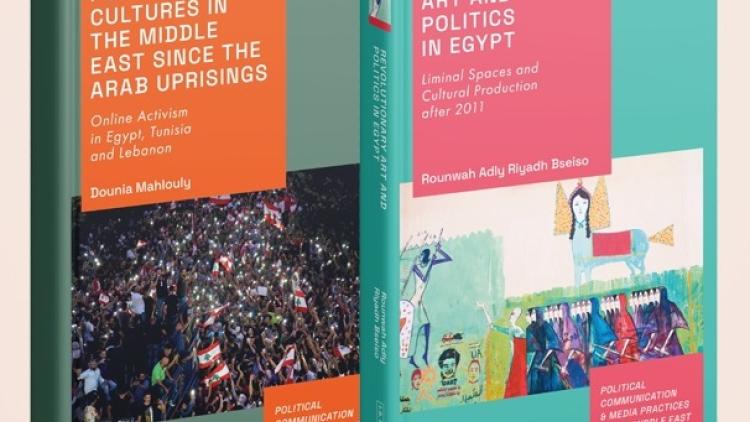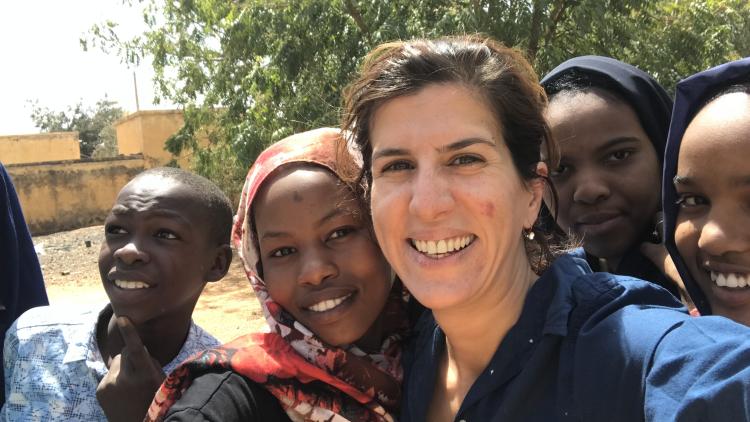Global Media and Postnational Communication: Theoretical and Contemporary Issues

Key information
- Year of study
- Any
- Module code
- 15PMSC003
- Credits
- 1
- Department
- Centre for Global Media and Communications
Module overview
Prerequisites
- This Module is capped at 25 places
- Students enrol via the online Module Sign-Up system. Students are advised of the timing of this process via email by the Faculty Office
Objectives and learning outcomes of the module
The course starts by examining the global expansion of capitalism, the shift from industrial to service and information economies and the significance of the ‘cultural’ as an expanding arena of production and consumption. It then examines the process of conglomeratization of media companies, the convergence of the broadcasting, telecommunications and Internet sectors and the processes of diffusion of new information technologies for development in the South. It critically examines the rise of significant Southern media organizations and their forms of news representations and media genres, explores the possible impacts of a more global and diverse media and information environment for democratization as well as the policy and regulatory responses to cultural globalization in the South. The course then analyses the manner in which old political, cultural and social boundaries, particularly those of the nation, are challenged by the new networks of an emerging global civil society and by transnational and diasporic communities.
It explores new forms of affiliation and solidarity supported by information technologies and asks how postnational cosmopolitan identifications can coexist with local forms of belonging.
Method of assessment
1st essay of 3,000 words worth 50% of final mark and 2nd essay of 3,000 words worth 50% of final mark.
Suggested reading
Online course outline.Disclaimer
Important notice regarding changes to programmes and modules

